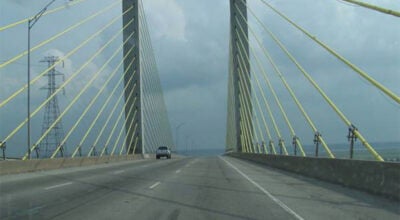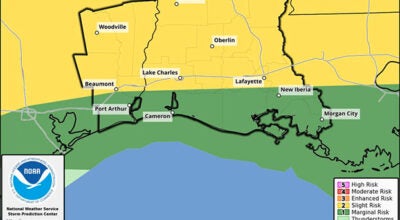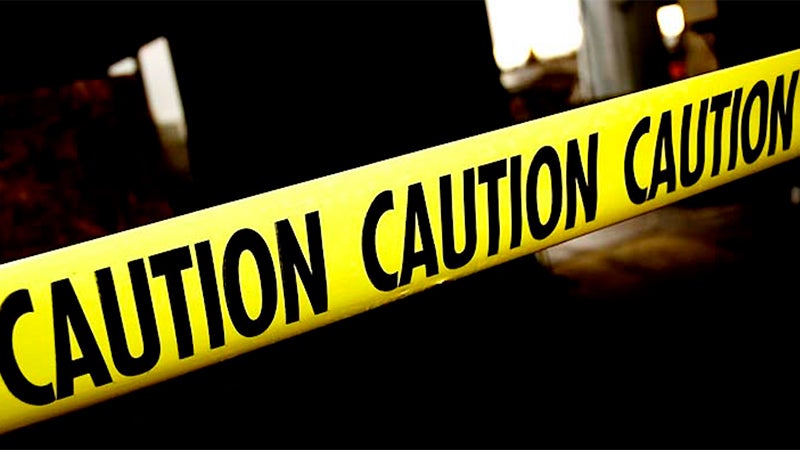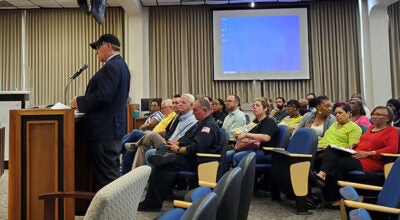Help to protect parades: Mardi Gras group to voice concerns to city council
Published 9:14 pm Monday, July 30, 2018
Mardi Gras Southeast Texas may seek the Port Arthur City Council’s aid Tuesday morning in protecting their annual parades and celebration from vendors at their gates.
Tim Romero is scheduled to present the organization’s concerns at the regular City Council meeting, scheduled for 8:30 a.m. at City Hall.
“This is a real threat to our sustainability,” Romero said of vendors who pay no fees to the Mardi Gras organization, but set up shop outside their gates in downtown Port Arthur.
Mardi Gras Southeast Texas, in its 26th year, is the organization behind the festivities that take place the Thursday-Sunday before Fat Tuesday. This year, the event is set for Feb. 28-March 3 in Port Arthur.
Romero said much of the festivities take place inside a gated area downtown, where police provide security and keep the fun family oriented. Vendors, who pay a fee to the organization, operate inside the gates.
But he said other vendors attempt to sell their products outside the gate, undercutting the business of vendors inside while capitalizing on the crowds that the organized festivities draw. Every year, Romero said, some 50,000 to 60,000 people attend the festivities inside the gates. He said the number of vendors inside have been decreasing over the years.
Romero said the organization would ask the council members to consider establishing “an event zone of some kind” around the festival. He said it’s all part of keeping the fun times inside the gates where law enforcement, paid by the Mardi Gras organization, can more easily keep the peace.
“We’re trying to protect our name and investment to our sponsoring organizations,” Romero said, adding that the annual Mardi Gras event has been supported from its outset by 18 charitable groups who provided the initial seed money for Port Arthur’s Mardi Gras celebation.
He said Mardi Gras Southeast Texas, in turn, has helped those non-profits with a share of returns, sending some $1.3 million back to them over the history of the event.





